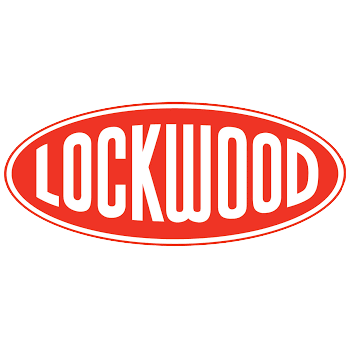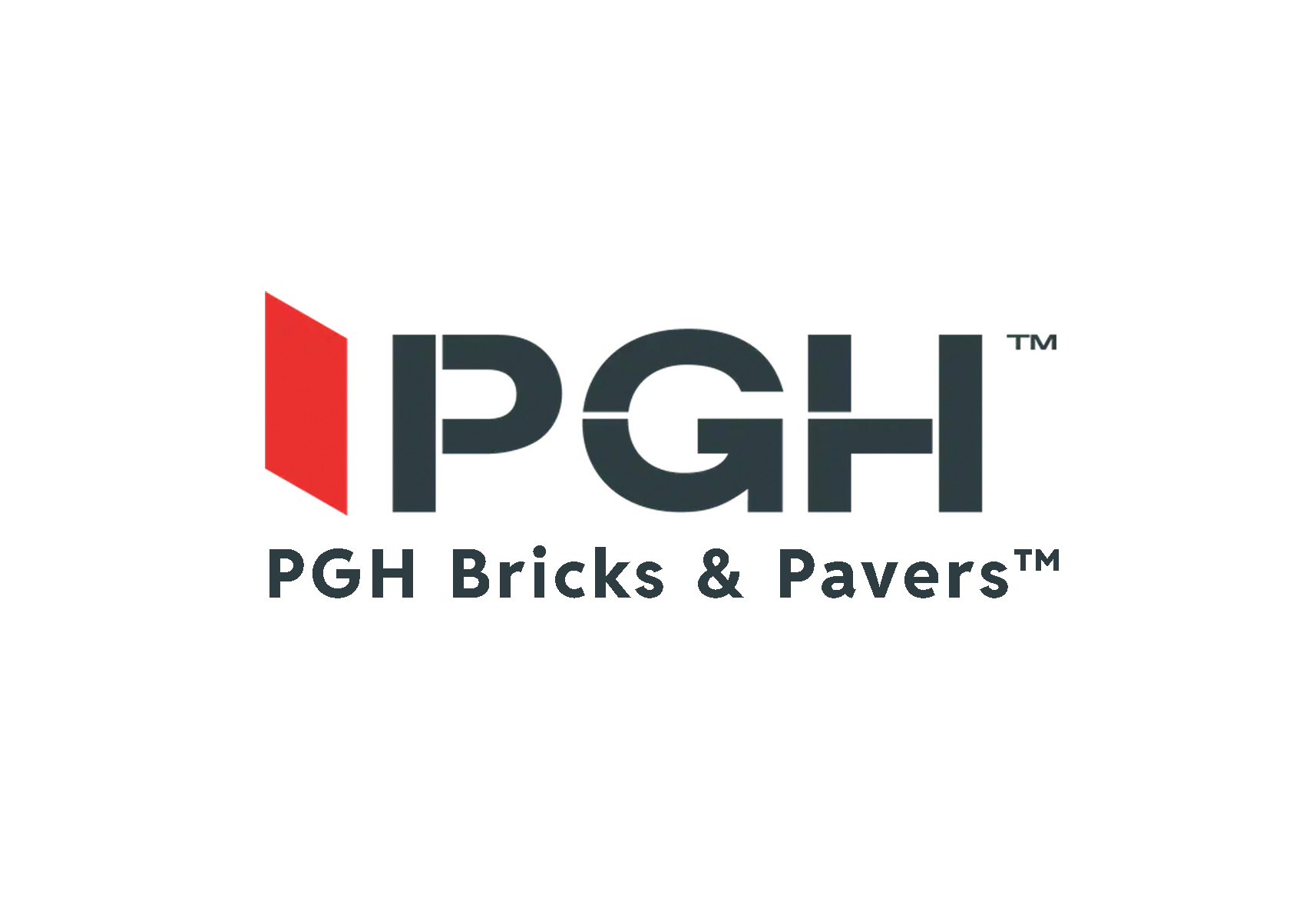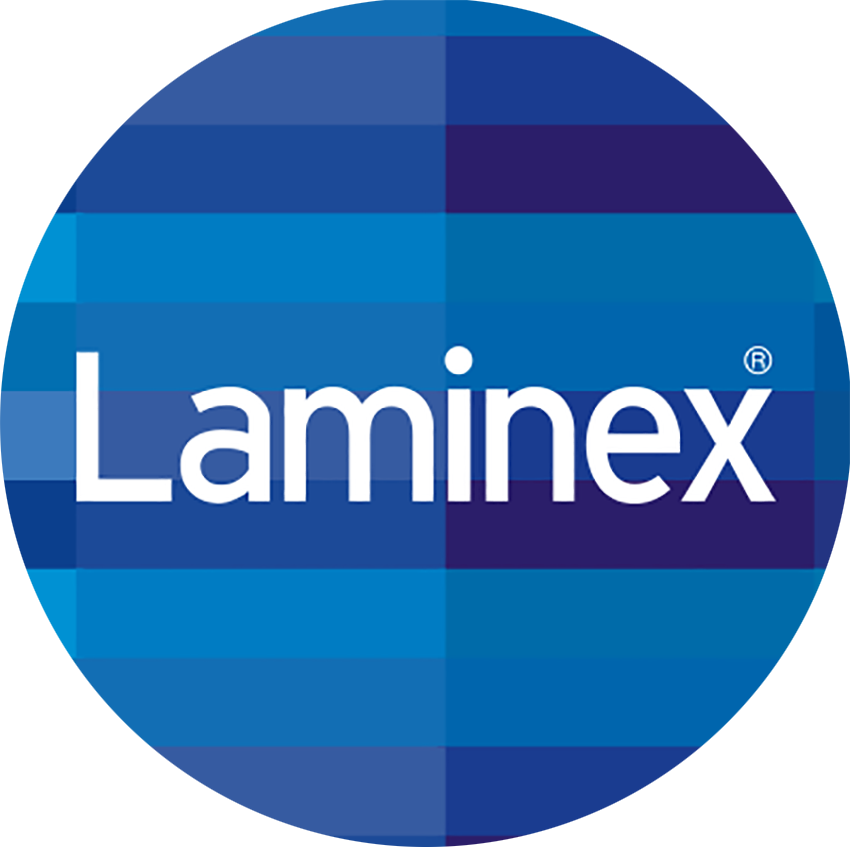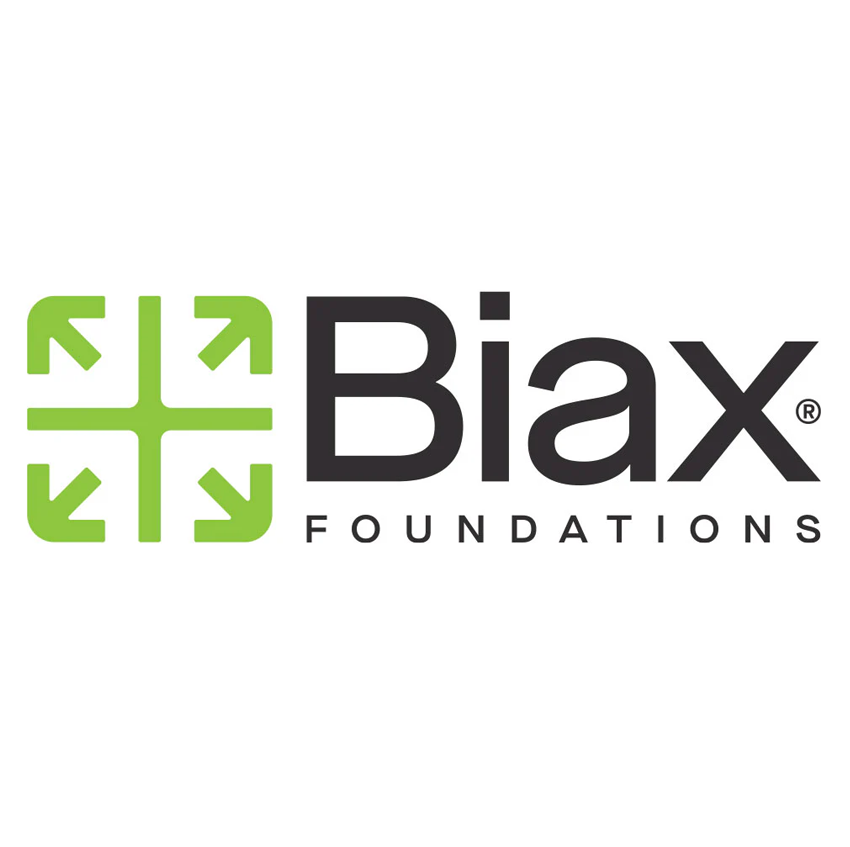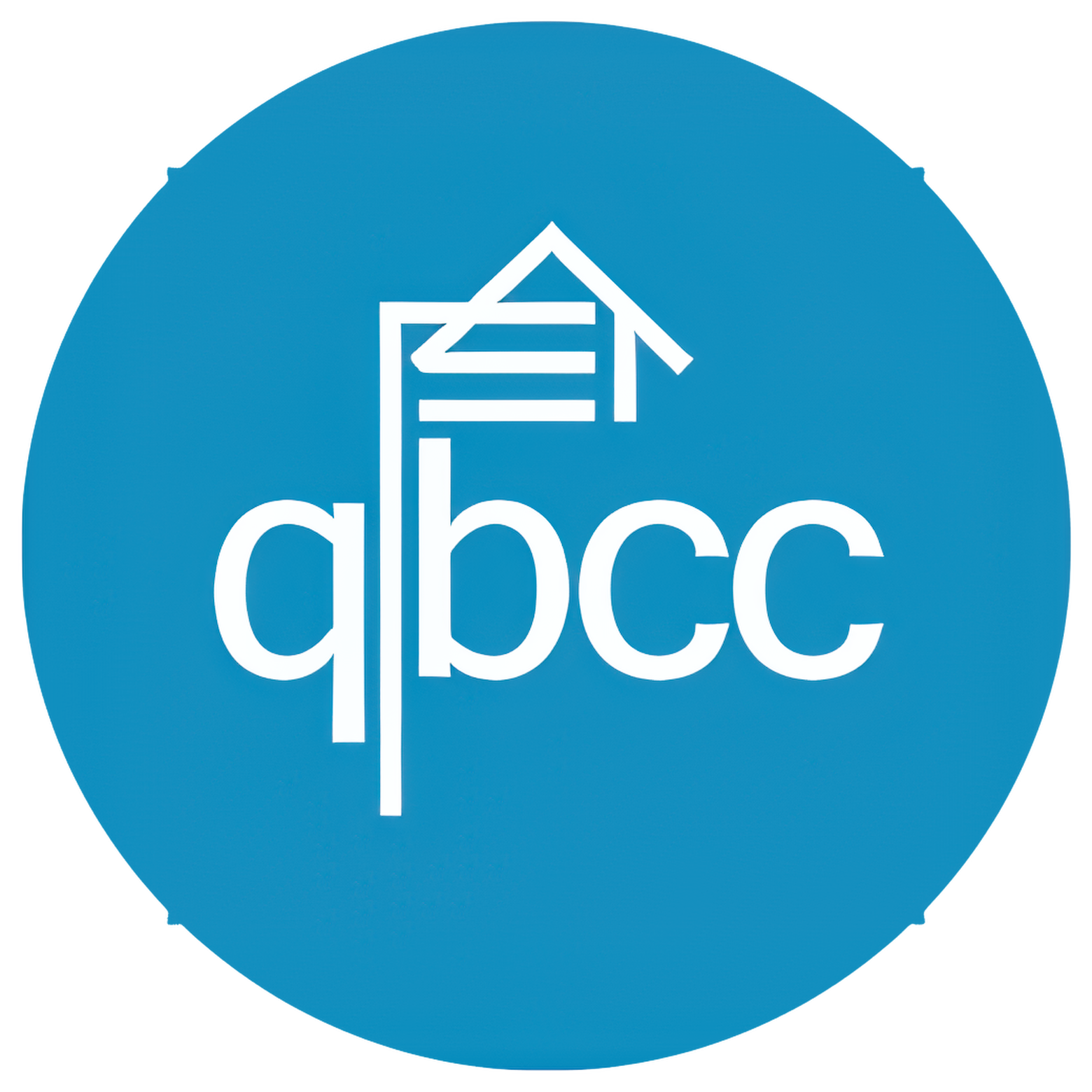Self Managed Super Funds for Property Investment
Learn how to use your superannuation to purchase an investment property through your SMSF
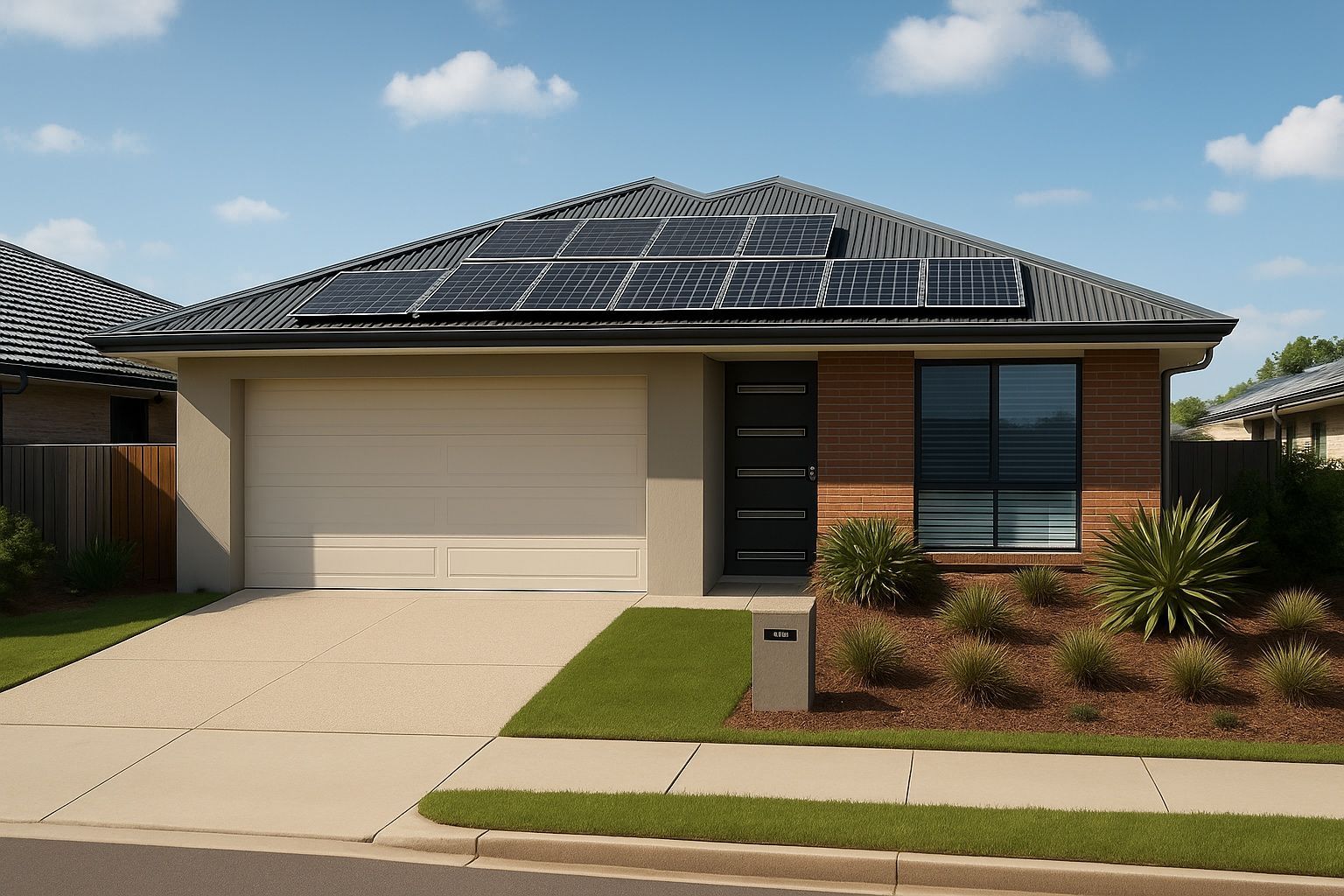
Investing in Property Through Your Super: An SMSF Guide for Australians
Introduction
Ever wondered if you could use your superannuation to invest in property? The good news is yes, it’s possible – through a Self-Managed Super Fund (SMSF). This guide will walk you through how investing in residential property via your super works, the benefits, and the steps involved. It’s written in friendly, clear language for Australian readers interested in this strategy.
Important: The Markon Group does not provide SMSF or financial advice. We strongly recommend you seek independent professional financial or SMSF advice before making any decisions. Our role at The Markon Group is limited to helping you select or build a suitable residential property – we’ll explain more about that later. If needed, we can connect you with trusted SMSF specialists for expert advice, but always remember to get your own licensed advisor. Now, let’s explore the process together!
Benefits of Investing in Property via Super
Investing in property through your super (via an SMSF) can offer several potential benefits for the right investors. Here are some key advantages:
- Tax Advantages: Inside an SMSF, rental income from an investment property is taxed at only 15% (the SMSF tax rate), which is often lower than your personal tax rate. If the SMSF holds the property for more than 12 months before selling, it gets a one-third capital gains tax discount – effectively paying 10% on any capital gain. Even better, once you retire and your SMSF is paying you a pension, any rental income or capital gains in the fund could be tax-free (up to certain limits in line with super rules). These tax efficiencies mean more of the property’s earnings go towards your retirement savings.
- Greater Control: With an SMSF, you have full control over investment decisions. You aren’t limited to the menu of assets a large super fund provides – you can choose a specific property that you believe will perform well. This hands-on control can be appealing if you want to personally select the property and manage your investment strategy.
- Long-Term Wealth Building: Property is a tangible asset that can grow in value over time. By using your super to buy a property, you’re aiming to grow your retirement nest egg through capital growth (as the property value increases) and rental income. Over the long term, a well-chosen property can significantly boost your retirement savings.
- Leverage (Borrowing Power): Uniquely, SMSFs are allowed to borrow money to purchase a single asset like property (using a special loan arrangement). This means your super fund can take out a loan – called a Limited Recourse Borrowing Arrangement (LRBA) – to buy a more expensive property than the fund’s cash alone would permit. Essentially, you can leverage your super balance to access a higher-value investment property, potentially amplifying returns (though also adding risk, as we’ll note).
- Diversification: Adding property to your super portfolio can diversify your investments beyond shares, bonds, and cash. A property’s performance doesn’t always move in the same direction as the stock market, so it may help balance your overall risk. For Australians already heavily invested in shares or managed funds via their super, a property investment could provide a different type of asset in the mix.
While these benefits are attractive, it’s important to remember that SMSF property investing isn’t suitable for everyone. There are strict rules and some risks to consider, which we’ll cover next. Always weigh the pros and cons with the help of an independent advisor.
Steps to Invest in Residential Property Using Your SMSF
Ready to learn how the process works? Below are clear, simple steps for using your super (via an SMSF) to invest in a residential property. We’ll highlight where you need independent advice along the way:
- Establish (or Review) Your SMSF – Seek Professional Advice: If you don’t already have an SMSF, the first step is to determine if setting one up is right for you. Running an SMSF comes with significant responsibilities and compliance requirements. You’ll need to appoint either individual trustees or a corporate trustee, create an SMSF trust deed, and register the fund with the ATO. This is not a DIY job – you should consult a licensed financial adviser or SMSF specialist to help you set up the fund correctly and ensure it’s appropriate for your situation. (If you have an existing SMSF, make sure it’s in order and you’ve gotten advice on using it for property investment.) Also, consider the costs of running an SMSF, like annual audits and accounting, which will come out of your super. Remember: The Markon Group cannot set up your SMSF or advise on its creation – this step must be done with independent professional guidance.
- Roll Over Your Super and Create an Investment Strategy: Once your SMSF is established, you’ll roll over your existing superannuation balances from other funds into the SMSF’s bank account. With the help of your advisor, you must also formulate a formal investment strategy for your SMSF, as required by law. This strategy should outline the fund’s investment objectives and include the decision to invest in property. Make sure the strategy allows for property investment and considers things like liquidity (since property is an illiquid asset) and diversification. This is another step where independent advice is crucial – a licensed advisor or SMSF professional can help tailor an investment strategy that suits your retirement goals and risk profile. The sole purpose of any SMSF investment (property included) must be to provide retirement benefits for members, so keep that front and center.
- Determine Your Budget and Borrowing Capacity: Next, take a good look at your SMSF’s finances to decide how much you can invest in property. This includes assessing your fund’s balance and deciding if the SMSF will need to borrow (take a loan) to afford the property. Remember, your SMSF can only buy a property if it has enough money for the deposit plus costs, and possibly to service a loan. Many experts suggest having a sizable super balance (often at least around $200,000) before attempting property investment in an SMSF. This ensures you’re not putting all your eggs in one basket and you can handle expenses. If borrowing is needed, you’ll typically require a 20–30% deposit of the property price, plus additional funds (around 5% or more) for costs like stamp duty, legal fees, and any setup of special loan trusts. Independent advice alert: It’s wise to speak with an SMSF-savvy mortgage broker or bank at this stage (even before setting up the SMSF, in fact). They can tell you if your fund’s financial situation would qualify for an SMSF loan and how much you could potentially borrow. Not all lenders offer SMSF loans, and those that do often have stricter criteria and higher interest rates. Getting a clear picture of your budget will guide your property search. (The Markon Group can help you understand property price ranges, but we won’t be involved in loan arrangements or financial calculations – that’s for you and your advisors.)
- Find the Right Investment Property (SMSF Rules Apply): Now for the exciting part – property hunting! With a budget in mind, you can start looking for a residential investment property that fits your SMSF’s strategy. The Markon Group can assist you here by recommending quality properties or even helping you build a new residential property that suits your needs. We focus on properties that are well-suited for investment (good rental potential, growth areas, etc.) and that comply with SMSF requirements. It’s crucial to remember that any property your SMSF buys must adhere to strict ATO rules. The property cannot be lived in by you or any other fund member, and you can’t rent it to any relatives or related parties of fund members. It also cannot be bought from you or another related party – no buying your parents’ house or your own home from yourself, for example Essentially, the investment must pass the “sole purpose test,” meaning it’s there only to provide retirement benefits for the SMSF members. As you evaluate properties, consider factors like expected rental yield, potential for capital growth, and any costs (e.g. maintenance) the fund will need to cover. The Markon Group’s role is to provide property expertise: we can help identify solid opportunities and even handle the building of a new house if that’s the route you choose. We’ll make sure the property meets your brief and is suitable for an SMSF context. However, we won’t tell you whether a property purchase is the right financial move for your super – that’s for you and your independent advisor to decide.
- Purchase Through the SMSF and Manage the Property: Once you’ve chosen a property, the SMSF will go through the purchase process, much like any real estate transaction but with a few extra steps. The contract of sale must be in the name of the SMSF trustee (either the individual trustees or corporate trustee) on behalf of the fund – and if you’re borrowing, typically a special bare trust is set up to hold the property for the SMSF until the loan is paid off. It’s critical to get legal assistance here to ensure the property is bought under the correct entities and the loan (if any) is structured as a Limited Recourse Borrowing Arrangement (LRBA). Under an LRBA, if the loan ever defaults, the lender’s claim is limited to this property only and can’t touch your other super assetsc. After settlement, the SMSF owns the property (or the bare trust does on its behalf) and is responsible for all ongoing management. All expenses (deposit, loan repayments, rates, insurance, repairs, property management fees, etc.) must be paid from the SMSF’s bank account, and all rental income must be paid into the SMSF. You’ll need to maintain sufficient cash in the fund for these costs and any other liabilities (like annual member payments in retirement). At this stage, having a good property manager can help handle tenants and day-to-day issues, but as a trustee you remain responsible for compliance. Each year, your SMSF’s accounts will need to be audited, and the property will need to be valued regularly at market value for your fund’s financial statements. If you decide to renovate the property, be aware that you cannot use borrowed money for major improvements that change the property’s character – significant renovations must be funded from existing SMSF cash. Throughout ownership, always follow the rules (no personal use, keep up repayments, etc.) to avoid penalties. Many SMSF trustees engage an accountant or SMSF administrator to help with ongoing compliance. The Markon Group’s involvement at this stage is minimal, but we’re always here to answer any property-related questions or assist if you plan to build additional investment properties. And if down the line you’re considering selling the property or transferring it to yourself in retirement, consult your advisor for the best approach.
By following these steps with the right professional guidance, you can successfully include a residential property in your superannuation nest egg. Each step has its complexities, so never hesitate to get licensed advice where needed. The Australian Securities and Investments Commission (ASIC) requires that anyone giving advice on SMSFs holds an Australian Financial Services Licence – so ensure your advisor is properly licensed and experienced in SMSF property strategies.
How The Markon Group Can Help (Our Role and Limitations)
At The Markon Group, we’re passionate about property and helping our clients secure high-quality residential investments. When it comes to using your super to invest in property, our role is limited but valuable:
- Property Selection and Development: We can assist you in finding the right residential property for your SMSF or even build one for you. Whether you’re looking for a new house-and-land package, a townhouse, or an apartment in a growth area, our team can present options that fit your criteria (budget, location, rental yield, etc.) and are suitable for SMSF investment. We ensure the properties we suggest align with the necessary rules (for example, they’re purely investment properties, arm’s length transactions, and not something you’ll be living in).
- Project Management and Quality: If you decide to build a new property within your SMSF, The Markon Group can manage the construction process from start to finish. We coordinate with builders, ensure high-quality work, and deliver a property that’s ready for tenants. This takes the stress out of property development for SMSF trustees.
- Liaising with Your Advisors: We are happy to work in tandem with your financial advisor, SMSF specialist, or mortgage broker. For instance, if your SMSF advisor has certain requirements or needs property details (rental appraisals, valuation estimates, etc.) to make sure the investment fits your strategy, we’ll provide all necessary information. We understand that investing through super is a team effort – you, your advisor, and us each have a part to play.
- Connecting You with SMSF Experts: While The Markon Group cannot give you financial or SMSF advice, we maintain relationships with several trusted SMSF specialists. If you’re keen to explore a property-in-super strategy but don’t know where to start with the SMSF side, we can refer you to independent professionals (financial planners or SMSF accountants) who are experienced in this field. These specialists can help with setting up the fund, ensuring compliance, and advising on finance, while we focus on the property itself. This referral is purely to help you; we don’t receive commissions for it – our goal is simply that you get the right advice.
- No Financial Advice or SMSF Admin: It’s worth reiterating – we do not provide financial product advice, SMSF setup services, or ongoing administration of your SMSF. We are property experts, not financial advisors. Any decisions about your super or the suitability of a property investment within your super must be made by you in consultation with licensed professionals. We’ll never tell you to “use your super to buy this property” or opine on whether it’s the best move for your retirement – those discussions are for you and your financial adviser. What we will do is make the property acquisition process smoother once you’ve decided, by handling the property side with expertise and care.
In short, The Markon Group is here to help you find and secure a great property that can become part of your SMSF’s investment portfolio. We’re your property partner – ensuring you get a quality asset – while your independent advisors are your guide on the financial and compliance journey. This collaborative approach keeps everything compliant and in your best interest.
Frequently Asked Questions (FAQs)
We understand that using superannuation to buy property can raise a lot of questions. Here are answers to some common FAQs:
- Can I live in the property my SMSF owns? No, you cannot live in a property that your SMSF owns, even just for a short time. Likewise, you can’t rent it to any fund member, their family, or any related party. The property must strictly be an investment for the sole benefit of your retirement savings. Using it personally (or by someone close to you) would breach the SMSF rules and could have serious consequences with the ATO.
- Can I use my SMSF to buy my own home or holiday house? Unfortunately, no. An SMSF is not a vehicle to purchase a home for personal use. Any residential property in your SMSF has to be purely for investment. You also can’t transfer a property you already own into your SMSF (unless it’s a special case like business real property). The strategy is really about investing in a separate property that generates retirement income, not about living in it yourself.
- How much super do I need to buy property through an SMSF? There’s no legal minimum, but in practice you should have a fairly large super balance before considering property. Many experts suggest at least around $200,000 in super. This is because you’ll need to cover a decent deposit (20-30% of the property price) plus costs like stamp duty, legal fees, and possibly loan setup costs – and still have funds left in your SMSF for diversification and emergencies. If your SMSF sinks nearly all its money into one property, that’s risky and could put your retirement in jeopardy if something goes wrong. Always ensure you leave some buffer and other investments for balance.
- Can my SMSF borrow money to buy a property? Yes. SMSFs are allowed to take out a specific type of loan called a Limited Recourse Borrowing Arrangement (LRBA) to help purchase a single asset like a residential property. “Limited recourse” means if the loan can’t be repaid, the bank can only go after the property itself, not your fund’s other assets. Borrowing can let your SMSF afford a more expensive property than it could with cash alone. However, SMSF loans typically require a large down payment (usually 20-30%) and have higher interest rates and fees than normal home loans. Not all lenders offer SMSF loans, so you might need to shop around or use a broker. Be cautious: taking on a loan in your super fund adds risk and complexity – make sure to get proper advice and have a solid plan for loan repayments (which must come from your SMSF’s resources).
- What are the costs and risks involved? Investing in property via SMSF comes with various costs: upfront expenses (stamp duty, legal fees, possibly setup fees for the SMSF or loan), ongoing costs (council rates, insurance, maintenance, property management, as well as SMSF accounting and audit fees), and loan interest if borrowing. These costs will eat into your super balance, so you need to ensure the investment’s returns justify them. In terms of risks: property is a long-term and illiquid investment – you can’t sell a bedroom to raise cash, and selling the whole property could take time if your fund needs money. If the property is vacant or expenses are higher than rental income, your SMSF’s cash flow can be strained. There’s also compliance risk – breaking the rules (even by accident) can lead to penalties. For example, renting to a relative below market rent or using the property yourself even for a weekend is not allowed. That’s why having professional guidance and sticking strictly to the regulations is so important.
- What happens when I retire? Can I eventually live in the SMSF property? While the property is owned by your SMSF, neither you nor any related party can live in it. However, once you reach retirement and your SMSF is in pension phase, there is a pathway to use the property personally. The SMSF can, as part of paying out your benefits, transfer the property into your own name (this is called an “in-specie” lump sum payment). It must be done at market value and according to the rules. After the property is legally transferred to you, you can live in it or use it however you like. Keep in mind, transferring a property can trigger costs like stamp duty and potentially capital gains tax for the fund, so it’s not something to do without careful planning. Always seek legal and financial advice before doing this. Some people plan their SMSF property strategy with this endgame in mind (e.g. buying a house in super that they eventually want to retire into), but you must follow the correct procedure at the time of retirement.
- Does The Markon Group provide SMSF or financial advice as part of this service? No. The Markon Group’s expertise is in property, not financial planning. We do not set up SMSFs, we don’t give advice on whether an SMSF property investment is right for you, and we don’t advise on loans or compliance. Throughout the process, we’ll remind you to get independent advice for any financial or legal questions. Our team can certainly answer your property questions – for example, about the building process, property market trends, or rental estimates – and we can coordinate with your advisors to ensure the property meets your SMSF’s needs. If you’re looking for someone to talk to about setting up an SMSF or managing one, we can connect you with a trusted SMSF specialist in our network. But any such specialist is independent of The Markon Group. We want you to have the right advice, so we’ll help you find it, but we will not ourselves provide financial or SMSF advice.
Have more questions? Feel free to reach out to us at MarkOn Group – we’re always happy to discuss how the property part of the equation works, and point you in the right direction for the parts we can’t handle.
Ready to Explore Your Super Property Options?
Investing in property through your super can be a rewarding way to build your retirement future – if it’s done right. It combines something many Australians love (property!) with the long-term savings of superannuation. But it’s also a big decision that must be approached carefully and compliantly.
If you’re curious about using your SMSF to invest in residential property, the team at The Markon Group is here to help with the property side. We’ll listen to your goals and help you find or build a property that fits into your retirement strategy. Remember, we’ll leave the financial advice to your independent experts – our focus is making the property selection and acquisition process easy and successful for you.
Get in touch with The Markon Group for a friendly chat about what you’re looking to achieve. We can discuss current property opportunities, the steps involved in buying property through your SMSF, and how we can support you. If you need an SMSF-savvy financial advisor or broker, we can introduce you to one of our preferred specialists to ensure you have the right guidance from start to finish.
Your retirement is important, and so are the decisions you make with your super. With the right team on your side – your advisor handling the finance side and The Markon Group handling the property side – you can move forward with confidence. Let’s work together to make your super work harder for you through smart property investment (all done by the book!).
Interested in learning more? Contact The Markon Group today to start the conversation. We’re here to help you every step of the way (except the financial advice part – that’s up to the pros!).
We look forward to helping you build your future, one property at a time.
Disclaimer: The information above is general in nature and is provided for educational purposes only. It does not constitute financial advice or specific investment advice. It has been prepared without taking into account your personal objectives, financial situation, or needs. Investing in property via an SMSF is a complex decision and may not be suitable for everyone. The Markon Group is not a licensed financial adviser and does not provide SMSF or financial product advice. You should consult a qualified financial adviser or SMSF specialist before making any decisions regarding your superannuation and property investments. All investment decisions and SMSF compliance obligations remain with you as the trustee of your fund.

